What Makes A Great Videogame Story?
When you're deep in the narrative design muck, go back to the basics.
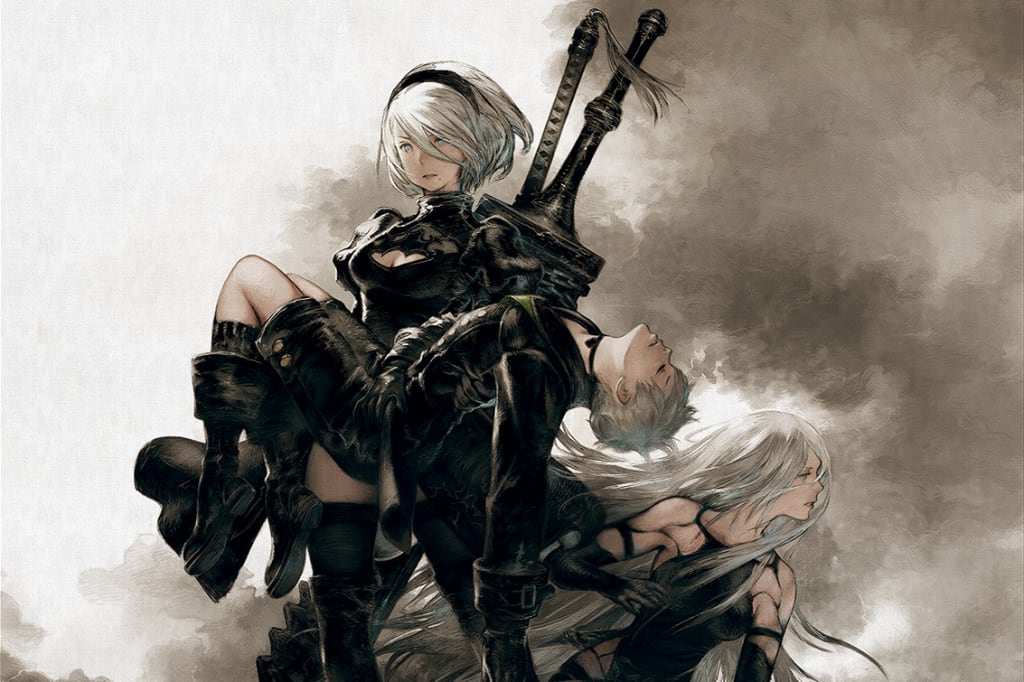
Gamers are all too aware of the fantastic ending of The Last of Us, the poignant themes of Nier: Automata and the whimsical vignettes of What Remains of Edith Finch, but what exactly makes these stories work? And how do you write a memorable videogame story?
Characters
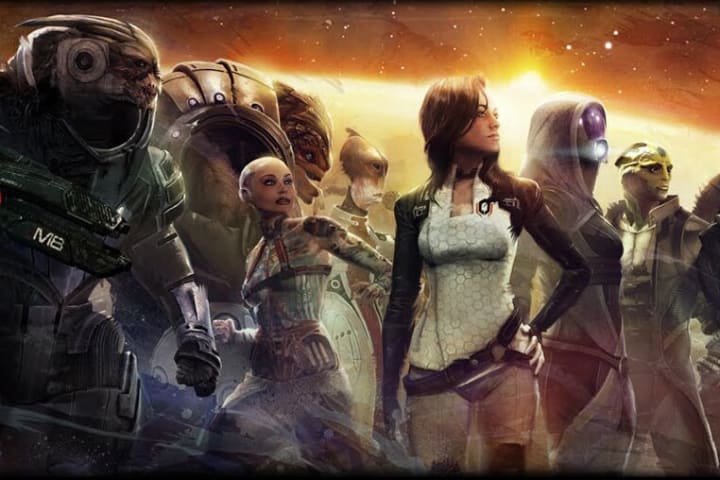
Characters are who we live the story through, and if these characters aren’t interesting or likeable in some way it can severely impact our ability to connect with the story. A character’s strengths should be balanced out by their weaknesses.
If we look at the cast of Mass Effect 2, each character is extremely powerful in some way (whether its Mordin’s intellect, Jack’s biotics or Thane’s assassination skills), but has an equally massive crux (Mordin’s guilt for his past work, Jack’s traumatic childhood and Thane’s terminal illness).
On the subject of Mass Effect 2, characters shouldn’t be separate from the plot, but feed into it, react to it and be affected by it. Recruiting your crew makes up far more playtime than the main plot in ME2, and whether you do these optional character-driven missions drastically effects the outcome of the suicide mission at the end of the game.
Gameplay Integration
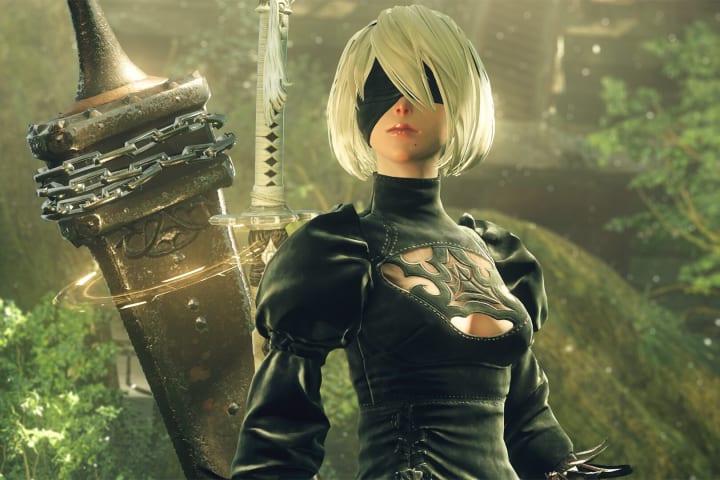
Beyond cut scenes, games that push the narrative forward in gameplay segments are the ones truly setting the medium apart from film and novels.
One game that goes above and beyond to integrate every aspect of gameplay into the narrative would be Nier: Automata. From the loading screens to the map, there’s a story behind everything: why is the map so vague? Because the in-universe scanners aren’t very sophisticated. The camera giving you motion sickness? Maybe like another NPC your ‘balance module’ is broken and you need to adjust your settings. Want to remove UI elements? Each one is its own ‘chip’, which you can add and remove to suit your preferences.
By re-contextualising familiar gameplay elements into the logic of the game’s universe, the player can’t help but be immersed.
Worldbuilding
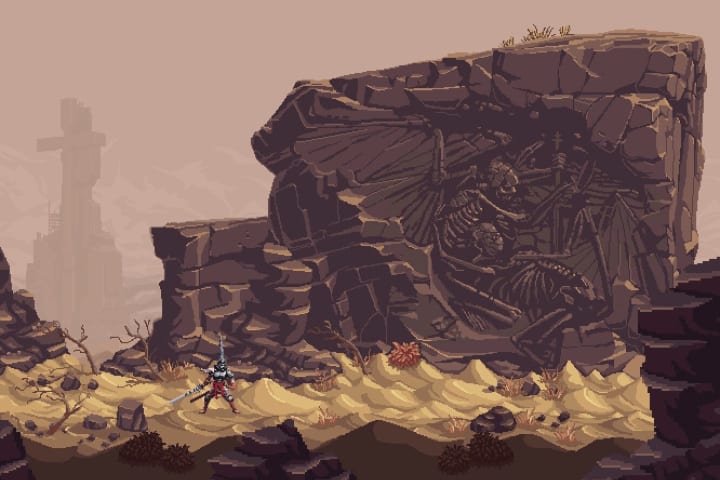
The world a game is set in should inform the story, and contribute to the plot. At best, the setting should change in reaction to events in the story. Do new areas open up only when you’ve gathered all of the relevant information? Does the environment change as time passes? The game world is also a useful tool in revealing information at a good pace, and supporting the main plot by enriching it with context.
Take Blasphemous for example, which uses a Souls-like approach to story in the form of item descriptions and NPC dialogue. These titbits of information help us understand the plot better, and offer great replay value as starting a new playthrough with all your knowledge from the previous one completely changes the experience, and often you’ll notice things you didn’t the first time.
Choice & Consequence
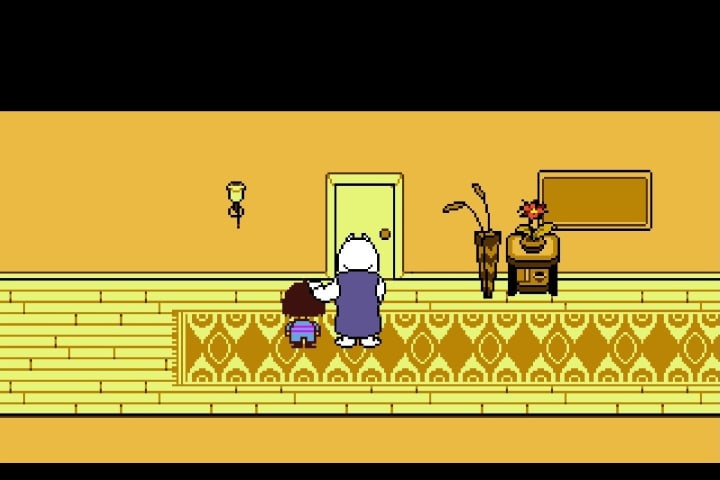
The ability to choose how a story plays out is one of the core aspects that sets the videogame medium apart; direct input from the player. Whether it's through a myriad of different endings, the fates of NPCs or the world changing around you, the consequences of our choices are what engage our brains and make us feel closer to the story, as we feel as if we are literally shaping it. This offers a unique experience in that we control the story we’re engaged in, so that we truly feel immersed within the narrative.
Consequences also create great replay value as we want to explore what would have happened in the story had we made other choices. One of the greatest examples of this is Undertale, where there are unique endings depending on how many of the game’s NPC’s you’ve killed, and the more extreme your gameplay choices (like either being a total pacifist or going on a murderous rampage), the more extreme your ending.
Pacing
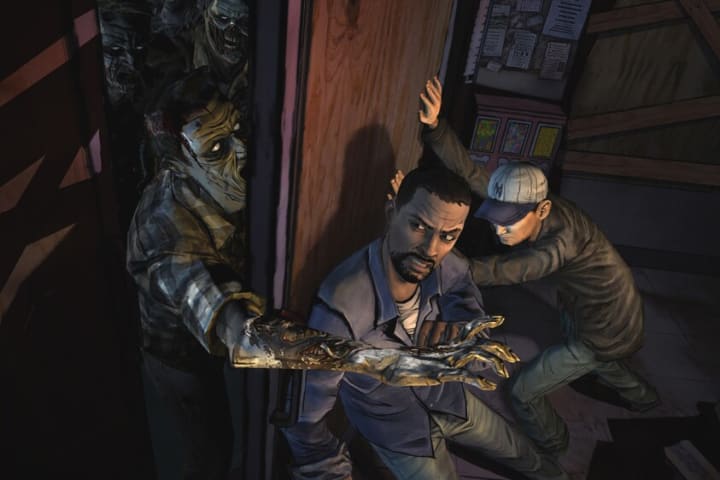
Nobody likes a story that drags, and a story that moves too fast doesn’t give us time to form an emotional connection to the world and its characters. The best stories in games balance plot progression and gameplay. This can be through dividing the game into obvious cutscenes and gameplay segments like The Last of Us, or having more seamless transitions into cutscenes like in The Walking Dead.
Good stories also restrain from revealing everything to the player too early on, and feed us information gradually over the story that keeps us on our toes. A good example of this is What Remains of Edith Finch, where the main draw of the plot is the mystery surrounding the Finch family.
As you progress through the Finch home, their family tree reveals itself and with each story we get a clearer idea of why the player character believes the Finch’s are cursed. By giving us enough information to keep us invested but not enough that the game loses intrigue, the game builds tension and leaves us vulnerable to plot twists for maximum impact.
Themes & Tone
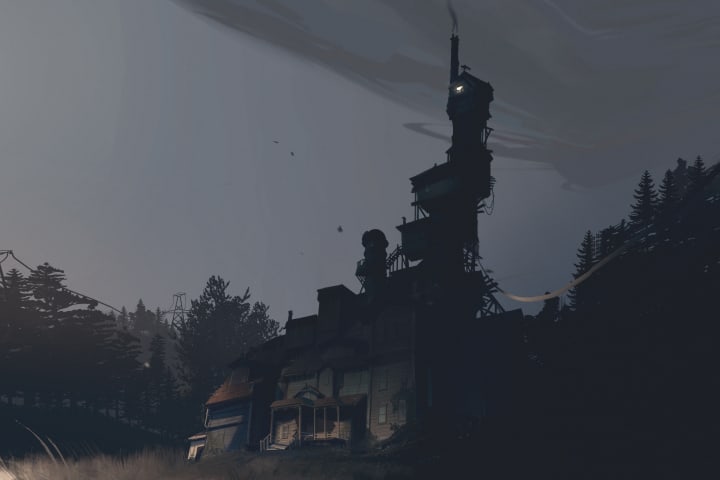
Take Nier: Automata and Horizon Zero Dawn. They both have fundamentally the same concept: earth is taken over by robots, with only a few human survivors left to fight the machine threat. What separates these two is the theme. Theme is the reason that the writer(s) wanted to tell this story. Through verbal, visual, and audio cues, we get a sense in Nier: Automata that the machines are capable of sentience, and this is a story about what it means to be alive.
Horizon Zero Dawn however paints a very different picture: that technology is dangerous, and capable of massive harm if left to run rampant. Tone helps enforce these themes; where the robot facilities in Horizon are dark, cold and lifeless, the domiciles of the machines in Nier are each unique, quirky, and often attempt to replicate humans. These differences in theme and tone are what separates these two as different narratives, whilst also subverting our expectations and keeping us interested in the game’s worlds
Sticking the Landing
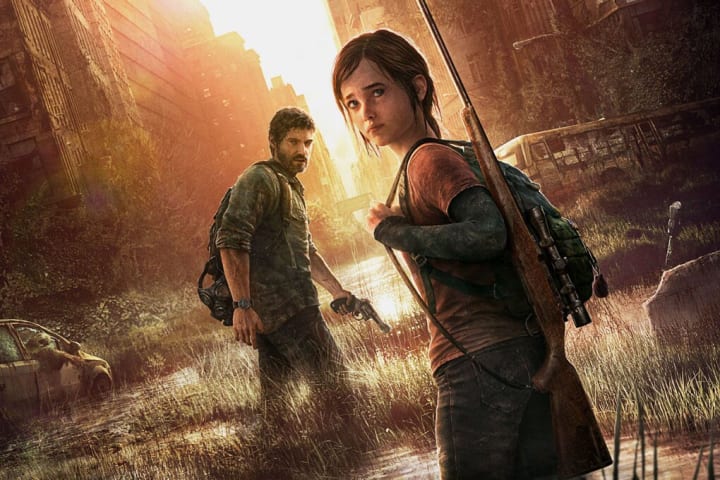
As Mass Effect 3 players will know, the ending of a story can make or break it. Even the most intricately woven and carefully paced story will be considered terrible if the ending doesn’t satisfy us in some way. If a game has the players make choices, we need to see the results of these choices, and they should be different enough that it feels as if those choices mattered. Character arcs should be wrapped up, and the player should be able to get some closure even if the story is left open-ended.
The Last of Us does this immaculately: Joel deciding to save Ellie over potentially saving the world closes his arc as a man traumatised by the death of his daughter, and lying to her in the closing scene sets up the possibility for a sequel without jeopardising the emotional impact of the story. It fits his character; Joel is not a good person, but will do anything he can to protect what little he has.
About the Creator
Charlie-Anne Butterworth
Probably re-watching Buffy the Vampire Slayer 🗡️
Enjoyed the story? Support the Creator.
Subscribe for free to receive all their stories in your feed. You could also pledge your support or give them a one-off tip, letting them know you appreciate their work.


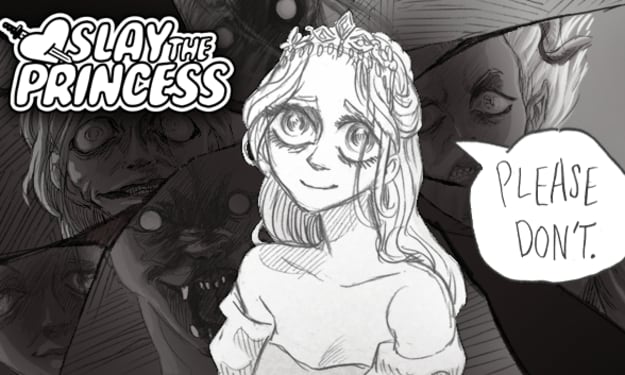

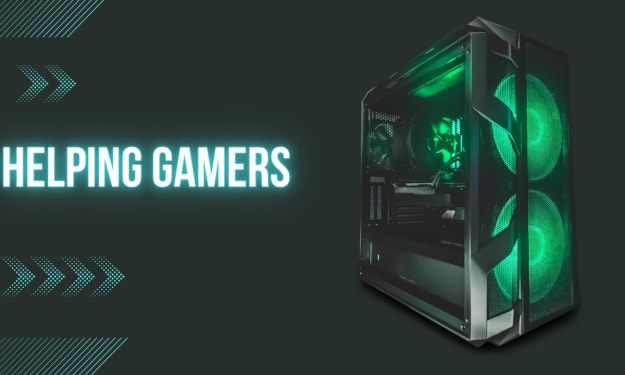

Comments (1)
Thank you for the interesting and delicious content. Follow my stories now.